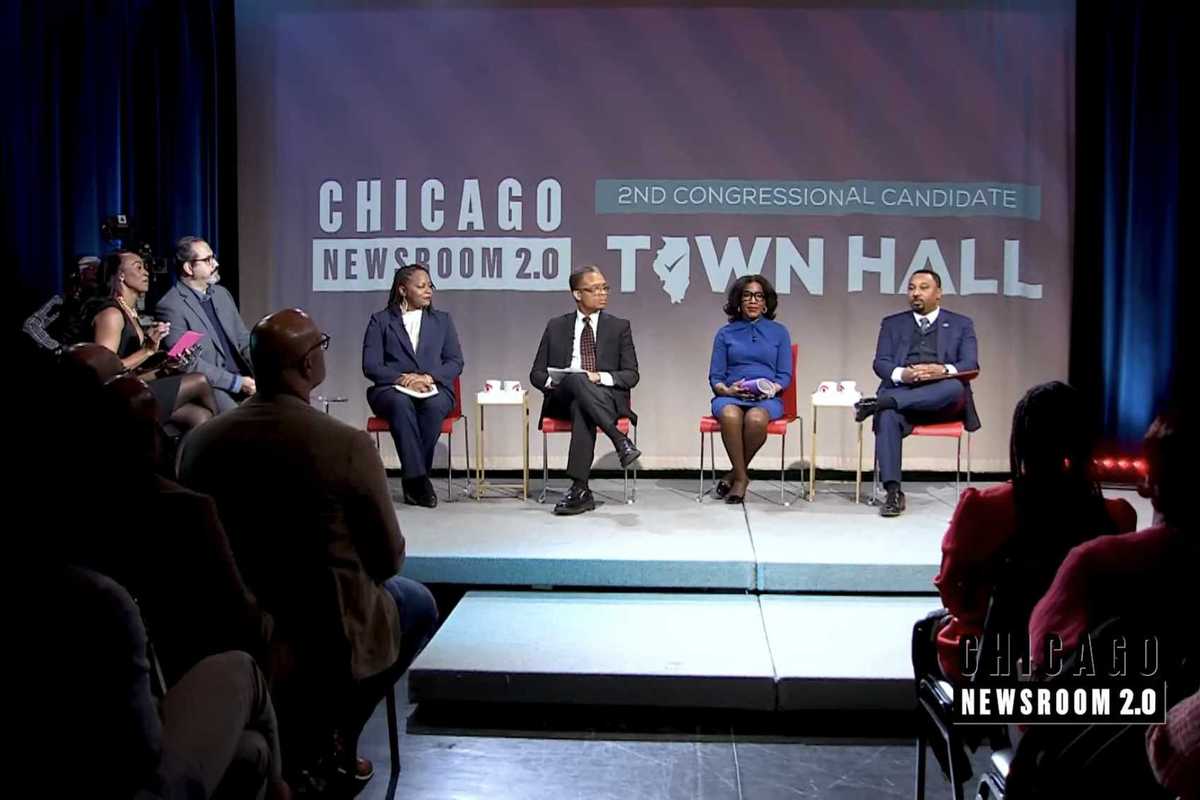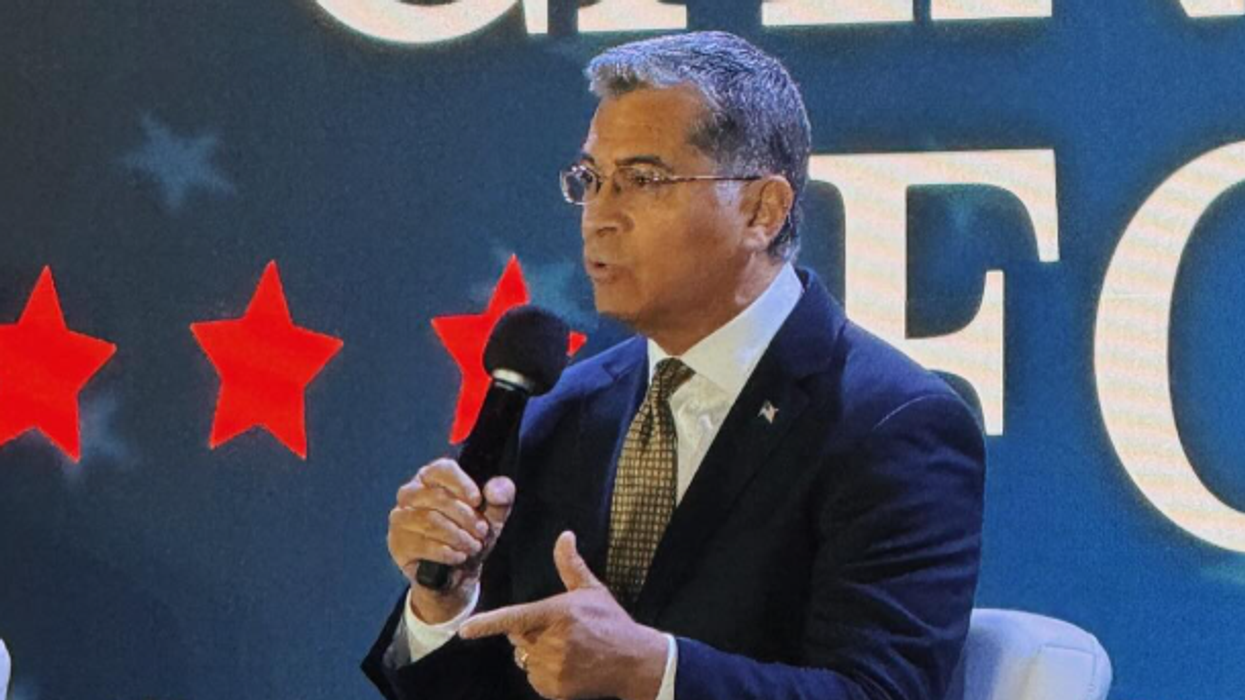Xavier Becerra is once again stepping onto familiar ground. After serving in Congress, leading California’s Department of Justice, and joining President Joe Biden’s Cabinet as Secretary of Health and Human Services, he is now seeking the governorship of his home state. His campaign marks both a return to local politics and a renewed confrontation with Donald Trump, now back in the White House.
Becerra’s message combines pragmatism and resistance. “We’ll continue to be a leader, a fighter, and a vision of what can be in the United States,” he said in his recent interview with Latino News Network. He recalled his years as California’s attorney general, when he “had to take him on” to defend the state’s laws and families. Between 2017 and 2021, Becerra filed or joined more than 120 lawsuits against the Trump administration, covering immigration, environmental protection, civil rights, and healthcare. “We were able to defend California, its values and its people,” he said.
- YouTube youtu.be
Now, his campaign focuses on rebuilding. He often connects policy goals to his personal story as the son of a construction worker and a clerical employee. He was the first in his family to graduate from college and says that background shapes his approach to leadership. “If I can open doors for that next construction worker and clerical worker to dream big, that’s what’s going to count,” he said.
Housing is at the top of his platform. He calls it the foundation of family stability and wealth. “I want housing to be the principal priority,” he said. “When families own a home, they build wealth and confidence.” He also links housing to healthcare and safety, describing these issues as connected parts of a stable life.
Healthcare remains central to his public identity. As Secretary of Health and Human Services, Becerra coordinated the final phase of the national vaccination campaign that delivered more than 700 million doses. He also oversaw the first federal negotiation to reduce prescription drug prices. “I want to be California’s healthcare governor,” he said. “We will not go backwards simply because Washington is taking away a trillion dollars out of our healthcare.”
Becerra has also highlighted the importance of communication with multilingual communities. His campaign recently launched a Spanish-language TikTok account, part of his effort to connect with California’s Latino voters. “If I could, I would do social media in English, en español, and in every language,” he said.
At 67, Becerra’s experience is both his greatest strength and his main challenge. Supporters see him as a steady leader who can deliver results in uncertain times. Critics view him as part of a Democratic establishment facing growing pressure from younger, more progressive voices.
Still, Becerra’s record of persistence may play to his advantage. “I will build,” he said. “It’s in my blood.” Whether that promise can carry him from Washington back to Sacramento will be tested in less than a month.
Alex Segura is a bilingual, multiple-platform journalist based in Southern California.




















